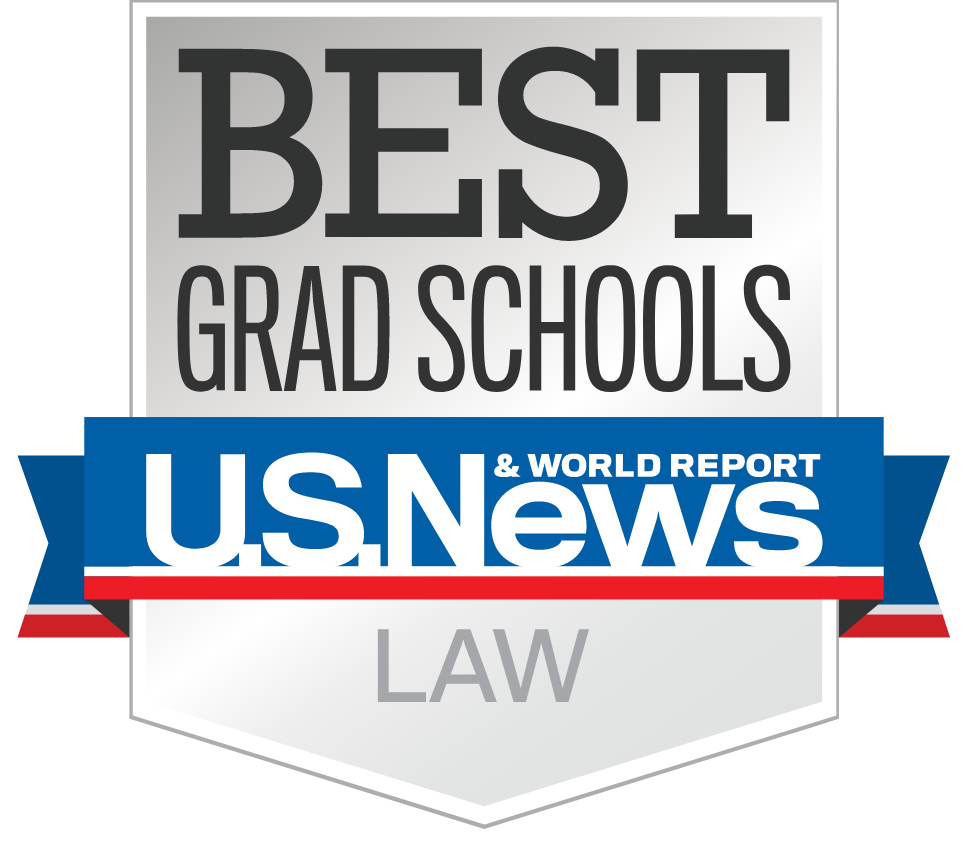US News changes its rankings system amid boycotts by most top law schools

U.S. News & World Report is changing its law school rankings system after several law deans announced that they would refuse to provide data to the publication because of their concerns about metrics that emphasize reputation and disincentivize support for public-interest careers.
The publication’s new rankings this spring will give less emphasis to reputation surveys based on peer assessments by academics, lawyers and judges, said U.S. News & World Report in a Jan. 2 letter to law deans. And the rankings will give more emphasis to outcomes such as employment and bar-passage rates.
U.S. News & World Report will also give full weight to school-funded long-term fellowships in which bar passage is required or in which a JD degree is an advantage. Schools have offered such fellowships to advance public-service careers. The publication will also give full weight in employment outcomes to law grads who pursue other graduate studies.
In addition to those changes, U.S. News & World Report will no longer consider student debt at graduation, school spending per student or employment at graduation, a spokesperson told Reuters.
Schools are asked to provide that information to U.S. News & World Report, but the ABA does not currently collect it, according to the article. The ABA publishes information on job outcomes 10 months after spring graduation, however. (See here and here.)
If schools don’t participate in the rankings, U.S. News & World Report will still rank them using data provided to the ABA. And if schools do participate, U.S. News & World Report said it will “publish more detailed profiles, enabling students to create a more comprehensive picture of their various choices.”
U.S. News & World Report said it acted after speaking with more than 100 deans and law school representatives.
Several top law schools announced that they would no longer participate in the rankings after No. 1-ranked Yale Law School announced in November that it would not provide data to U.S. News & World Report. The only law schools in the top 14 that planned to continue to participate in the rankings were the University of Chicago Law School, ranked No. 3, and Cornell Law School, ranked No. 12.
Among deans’ concerns:
• U.S. News & World Report places too much reliance on reputation rankings, which are “provided by a small number of lawyers, judges and professors who cannot hope to have detailed knowledge of the nearly 200 schools they are asked to evaluate,” according to Russell Korobkin, the interim dean at the University of California at Los Angeles School of Law.
• Yale Law provides more public-interest fellowships than its peers, but U.S. News & World Report effectively classifies graduates on fellowships as unemployed. U.S. News & World Report “does the same” in its treatment of graduates seeking a PhD or a master’s degree.
• U.S. News & World Report does not consider school loan-forgiveness programs when calculating student-debt loads. That penalizes schools promoting public-interest careers because they are characterized as having high debt loads. In addition, U.S. News & World Report’s negative emphasis on high student-debt incentivizes schools to admit students who can pay for tuition without the need for loans.
• Twenty percent of a law school’s ranking is based on median LSAT and GRE scores, as well as grade-point averages. The metric puts pressure on schools to overlook promising students who can’t afford expensive test preparation courses. It also pressures schools to use financial aid to recruit high-scoring students, rather than students with the highest need. Yale Law is one of only two law schools that give aid based entirely on need. The other is Harvard.
U.S. News & World Report said it appreciated feedback from the law schools. Some concerns will take “additional time and collaboration” to address, including concerns about consideration of loan assistance and repayment programs, need-based aid, diversity and socioeconomic considerations, the U.S. News & World Report letter said.
The changes haven’t changed the decision to boycott by Yale Law dean Heather K. Gerken, according to the New York Times.
“Having a window into the operations and decision-making process at U.S. News in recent weeks has only cemented our decision to stop participating in the rankings,” Gerken told the New York Times.
Another law dean who isn’t satisfied with the changes is Megan Carpenter of the University of New Hampshire Franklin Pierce School of Law. In a statement to the ABA Journal, she called the modifications “too little, too late” and the U.S. News announcement “too vague.”
Carpenter is concerned because the letter doesn’t address specialty rankings, which has placed the University of New Hampshire in the top 10 for intellectual property for more than 30 years. Those rankings should measure factors such as the breadth of classes offered, quality of student experience, employments outcomes or employer satisfaction, she said.



